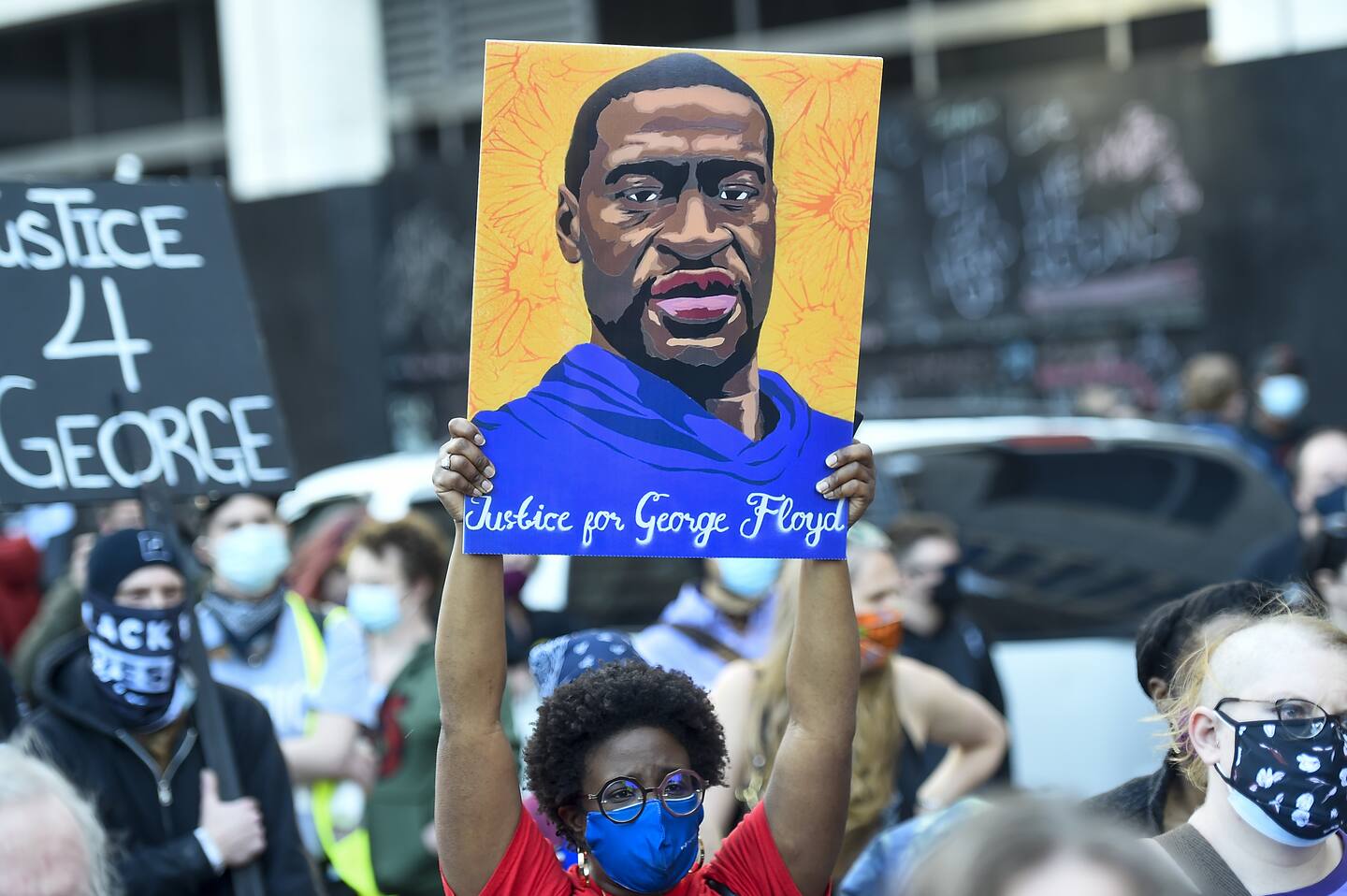Don’t read too much into the outcome of Derek Chauvin’s trial

Then there’s the fact that Chauvin has a highly regarded private defense attorney leading a well-funded, union-backed team of lawyers and investigators. Nationally, about 80 percent of criminal defendants can’t afford to hire a defense attorney and turn to public defenders. Most public defenders are dedicated public servants, and in some places can provide better representation than private counsel. But in much of the country, they’re overworked, underpaid and have inadequate resources to hire private investigators and expert witnesses.
As for criminal charges, based on The Post’s fatal police shooting database, it’s likely that there have been as many as 1,000 fatal police shootings per year in much of the 21st century. Yet from 2005 to mid-2019, only 104 non-federal police officers were charged for killing someone while on duty. Thirty-five were convicted of some crime — just over 30 percent. In the general population, by contrast, about 70 percent of murder charges result in a conviction. Overall, police officers charged with felonies are convicted at about half the rate of everyone else. Once convicted, cops are about half as likely to receive a sentence that includes incarceration.
And while the public and media might attach any number of issues to a single trial, the verdict can turn on factors that have little to do with those factors. In my years of covering criminal justice reform, I’ve talked time and again to jurors who voted based on dislike of the prosecutor or defense lawyer. Verdicts can also be affected by jury instructions, juror personalities or mistakes made by either side that have little to do with the law or evidence.
The hunger for criminal accountability for George Floyd’s death is of course understandable. Given the advantages defendants such as Chauvin get that aren’t available to others, an acquittal would add only to the largely accurate perception that the powerful and protected get access to a different sort of justice than everyone else. Race looms large in all of this as well. An acquittal will only further ingrain in Black Americans the notion — backed by plenty of evidence — that the system doesn’t value their lives and rights as much as those of White Americans. The verdict also will of course matter immensely to Floyd’s family, friends and supporters. And I don’t mean to diminish how important it is that those victimized by police abuse feel that the justice system represents them, too.
But a single conviction won’t stop bad cops from continuing to abuse their power with impunity. It won’t stop police from disproportionately stopping, searching and subjecting Black people to force. It won’t reduce fatal police shootings. And it won’t give poor people better access to justice. A guilty verdict might deter police from using the tactic Chauvin used on Floyd, at least for a while, but it’s unlikely to deter other instances of excessive force or abusive behavior.
Years from now, Chauvin’s trial itself will seem relatively inconsequential. We’ll see Floyd’s death, on the other hand, as an incident of profound consequence. Along with other high-profile cases such as those of Breonna Taylor, Jacob Blake and Rayshard Brooks, Floyd’s passing sparked the largest, widest-reaching wave of civil rights protests in U.S. history, generating a tectonic shift in the public debate over race, policing and criminal justice.
Before last year, reforms such as ending no-knock raids or abolishing qualified immunity were discussed only at the fringes of public debate. Today, lawmakers across the country are enacting both. In 2020, police reform, drug decriminalization and criminal justice reform won nearly everywhere they were on the ballot. Just last week, Virginia, the capital of the former Confederacy, abolished the death penalty.
Chauvin’s trial matters in the way any trial matters — it demands a verdict driven by evidence, fairness and equal application of the law. But the legacy of Floyd’s death is already written. It effected, and continues to effect, substantive and tangible changes that make this a fairer, more just country. An acquittal can’t unravel that, and it doesn’t need to be validated with a conviction.
Read more:






